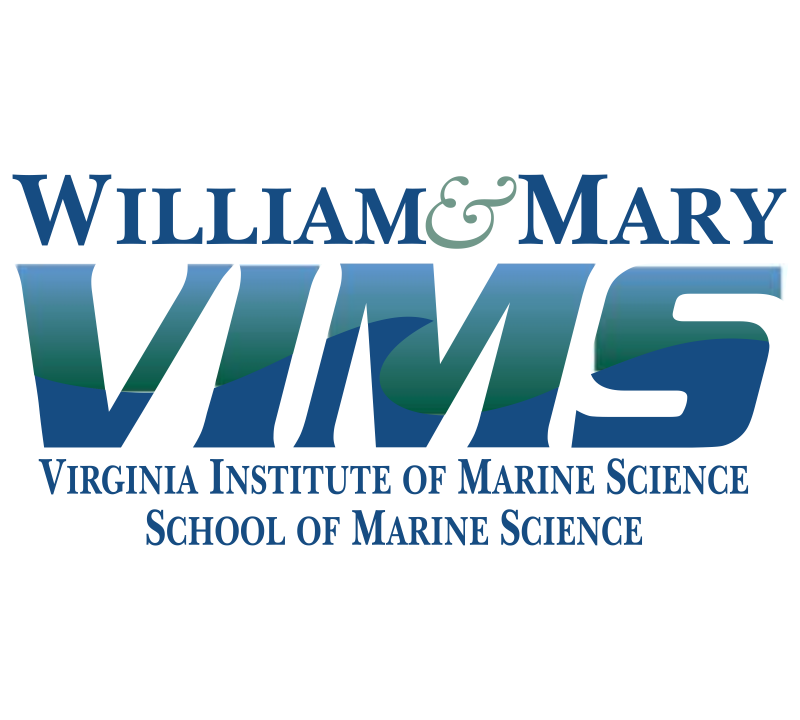
VIMS BRIDGE Ocean Science Background Information
Explore Background information on topics including Biology & Ecology, Physics, Chemistry & Geology, Climate & Atmosphere, Human Activities, Heritage & History, and Technology.

Explore Background information on topics including Biology & Ecology, Physics, Chemistry & Geology, Climate & Atmosphere, Human Activities, Heritage & History, and Technology.
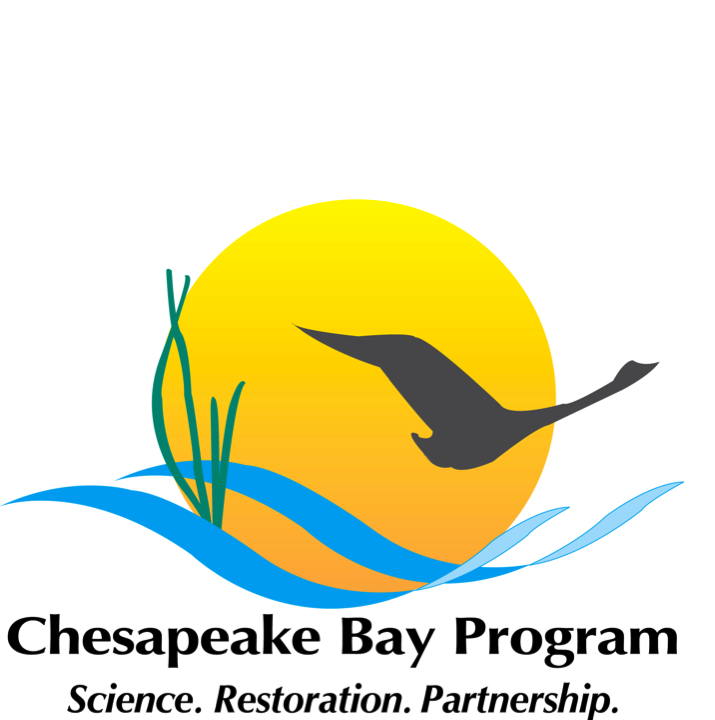
Field Guide: learn more about 250 species of birds, fish, insects, mammals, plants, reptiles, invertebrates, and amphibians in the Chesapeake Bay Watershed Facts & Figures: Discover details about the Chesapeake

Register your school as an Eco School! Students learn environmental responsibility and how to take positive action. Includes Lesson Plans for teachers, Case Studies, Earth Charter for Education Guide, and
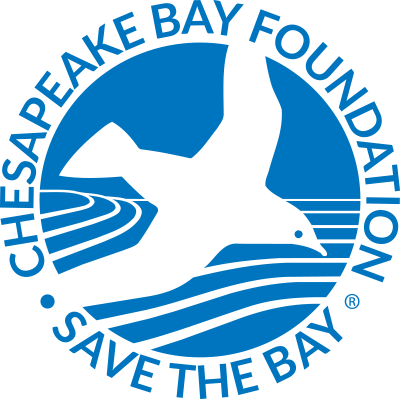
Five tips for students on how to create a strong grant proposal. Includes ability to download Chesapeake Classroom’s Education and Environment focused Grants for K-12 Schools.

Resources include downloadable Lesson Plan Toolkits on different conservation topics. Each toolkit includes two science activities, art activity, science activity, math activity, language arts activity, posters, physical education activity, and
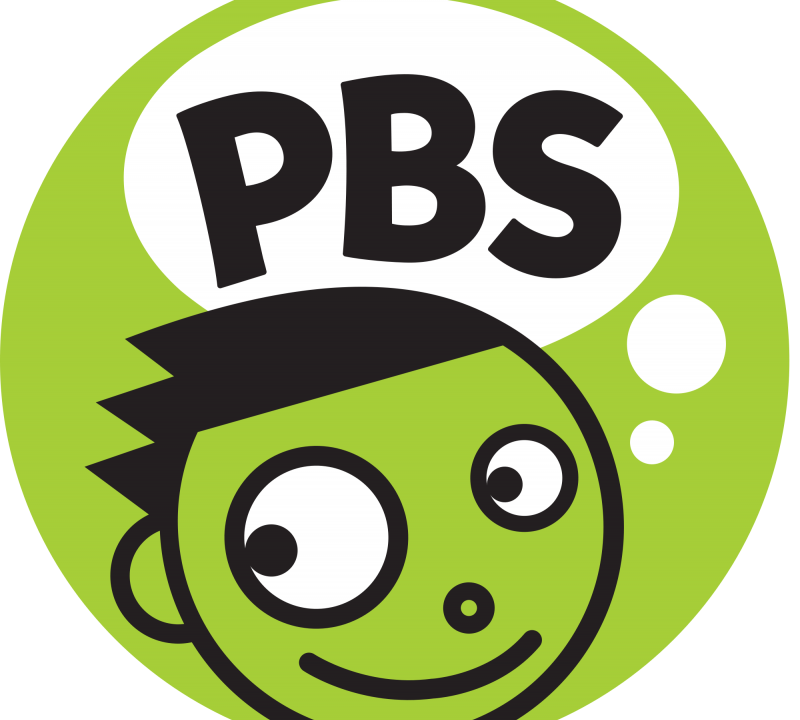
Search through a collection of student environmental projects. Topics include climate, health, education, chemistry, biology, geography, pollinators, and more!
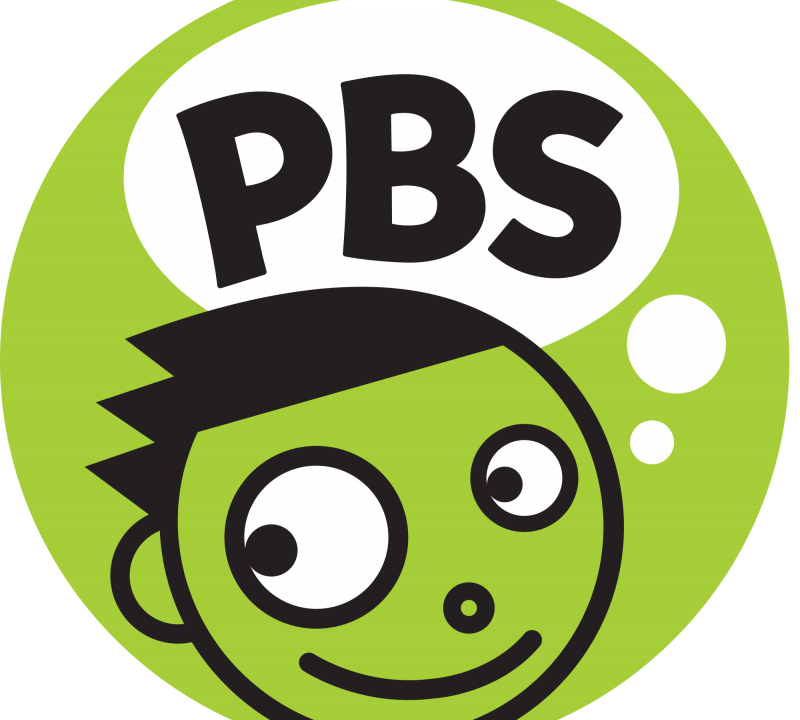
Hands On activity on discovering trash in your local community and thinking about where it comes from and where it should go instead.
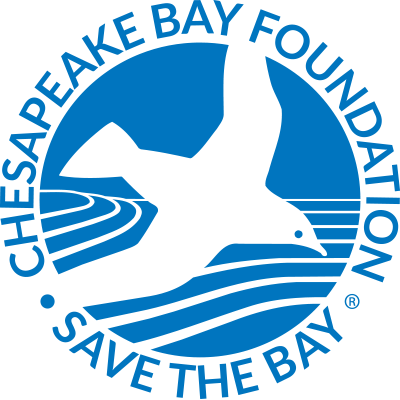
A lesson plan activity called “Ecological Identity Tree” from the Chesapeake Bay Foundation. Students create their own tree and label the trunk, branches and roots, according to their environmental experiences,

Engage in different activities both at school, home and in everyday life to create more resilient actions and reduce your carbon footprint. Activities are in topics from Air Quality, Water
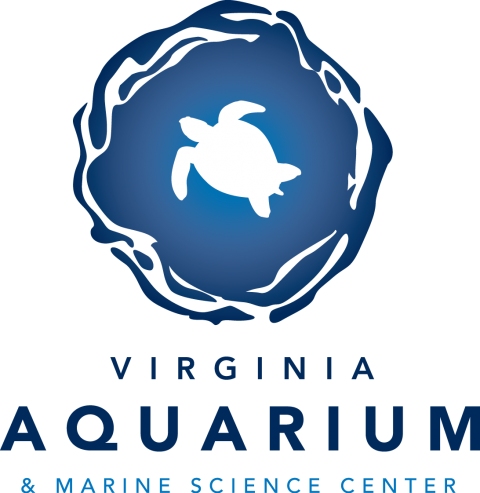
Rent Suitcase Science Kits on Life Cycles, Properties of Water, Animal Adaptations, Food Webs, Sea Turtle Science, and Climate Science in direct correlation with Science SOLs! Each suitcase kit from the
Notifications